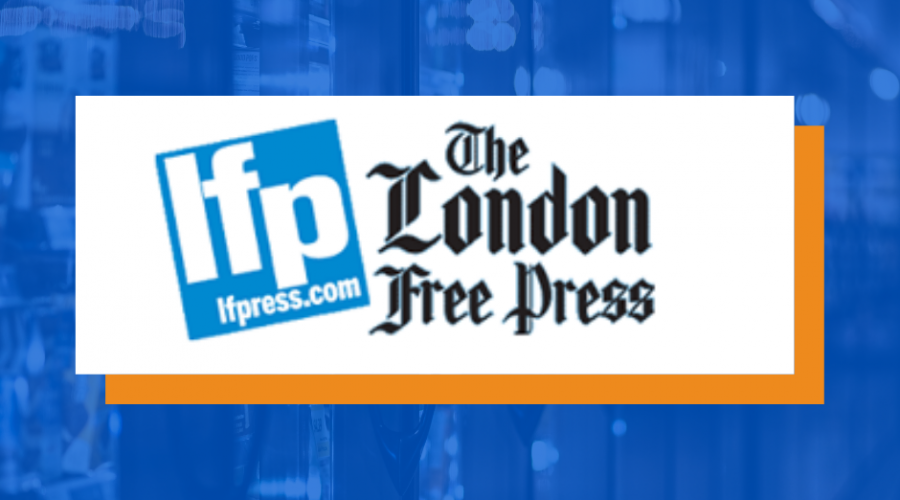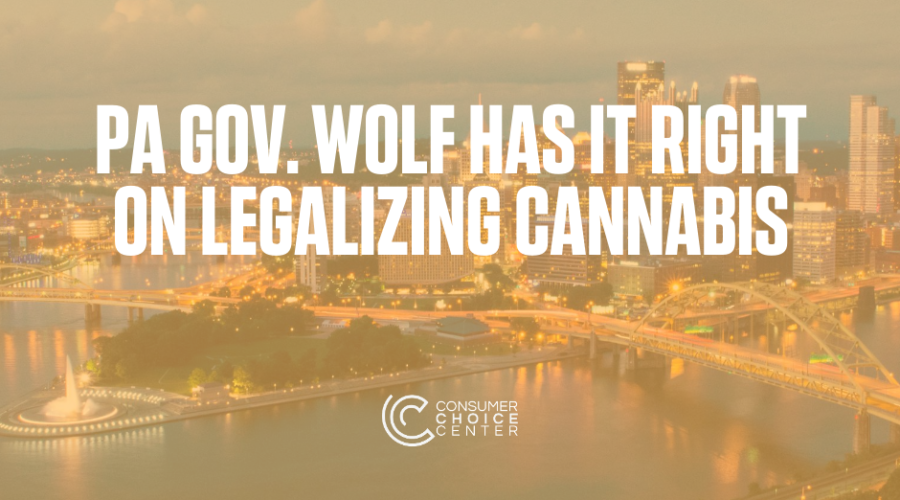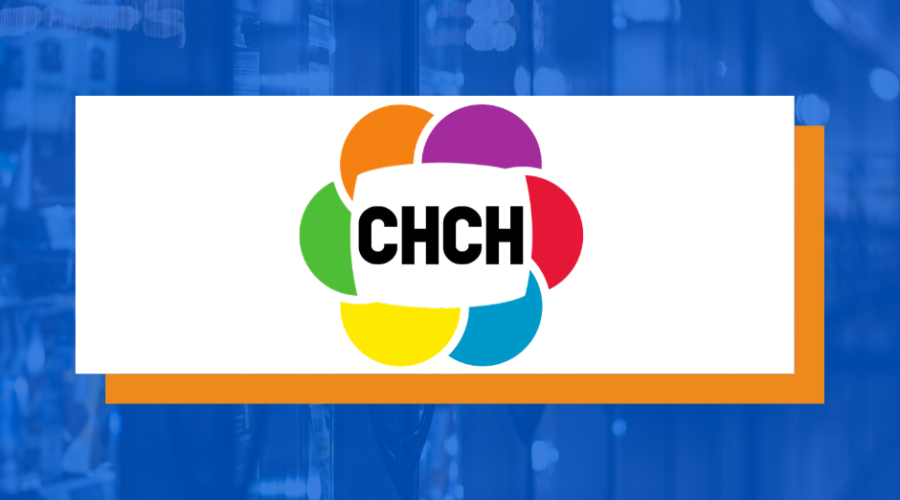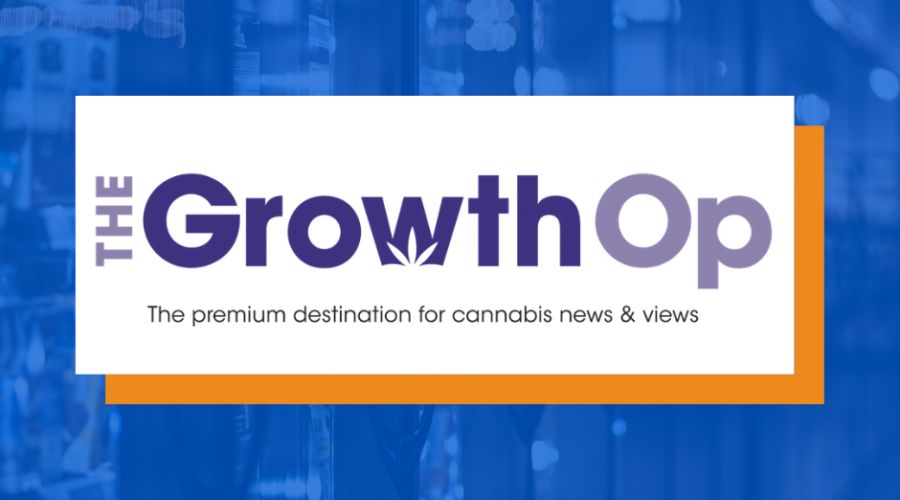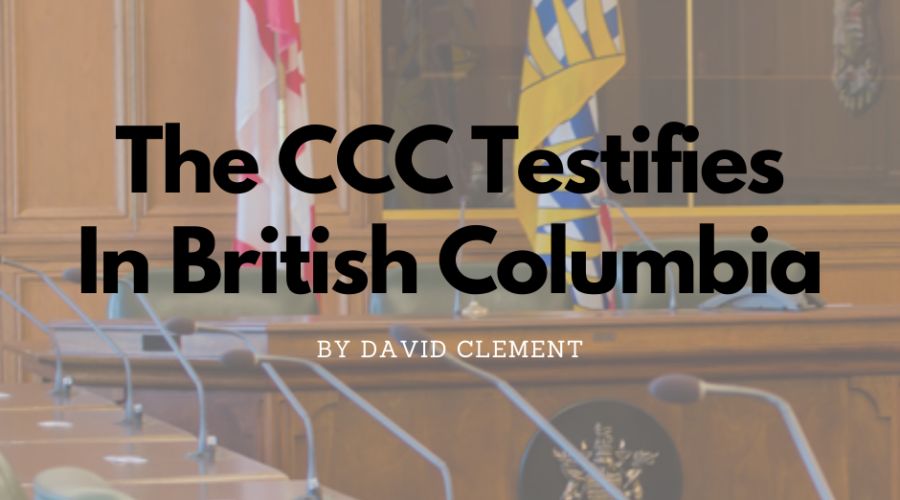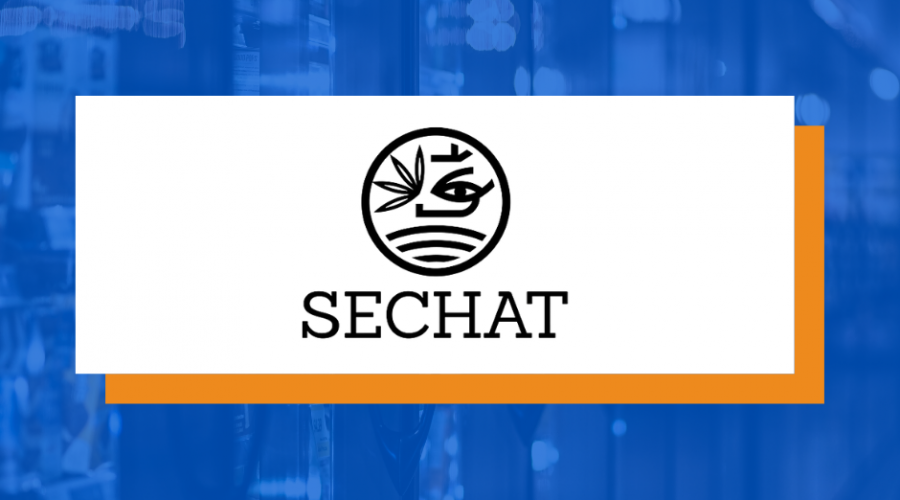$143 Million Cannabis Bust Confirms Diversion From Medical Program To Illegal Marke
On October 22nd, Ontario Provincial Police announced that they have seized $143 million worth of illegal cannabis in the last 4 months. In addition to that, police confirmed that the seized cannabis was a result of criminal networks exploiting Health Canada’s medical cannabis personal and designate production regime.
David Clement, Toronto based North American affairs manager for the Consumer Choice Center responds: “The OPP’s report confirms was we speculated in April, which is that organized crime has weaseled its way into the permit process,” said Clement.
“In April, via Access to Information Requests, we were able to show that the personal and designate program produces 2.5 – 4.5 times more cannabis than the legal market. Unfortunately that excess cannabis is being diverted into the illegal market. Health Canada should review the permit process to ensure that criminal networks aren’t using it to fuel their nefarious activities.
“That said, the government shouldn’t target legitimate permit holders. Doing so would violate their constitutional rights, and would be exceptionally cruel given how marginalized this group has historically been. Rather than trying to arrest their way out of the problem, the government should focus on transitioning permit holder growers into the legal market. Making it easier for for excess cannabis to end up in the legal market, coupled with a Health Canada review for criminal activity, would go a long way in stamping out the black market,” said Clement.
Originally published here.

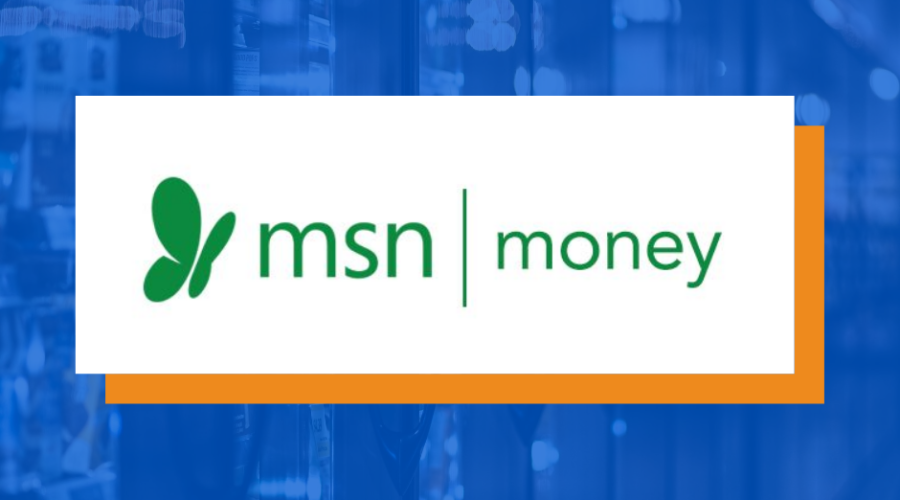
 © Provided by Pittsburgh Post-Gazette
© Provided by Pittsburgh Post-Gazette
